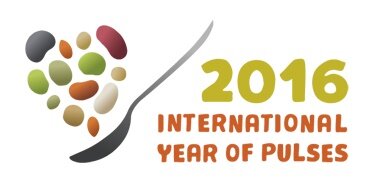UNICEF Back
The UNICEF office in Georgia was opened in Tbilisi at the end of 1993 in order to provide humanitarian assistance in response to the conflicts and social crises in the country. As the political, economic and financial situation stabilized, UNICEF shifted its emphasis from emergency to rehabilitation and development.
The Convention on the Rights of the Child is a major driving force behind UNICEF and its actions for children.
UNICEF has been assisting the Government of Georgia to improve policy and programming for over 20 years, drawing on good practice from around the world and ensuring that appropriate technical assistance is delivered to policy-makers at the time that it is most needed.
Goal
UNICEF works with the Government of Georgia to influence policies and decisions affecting children and to translate these policies into tangible resources and good practices. We also advocate for prioritizing children in existing policies, budgets and programmes.
UNICEF supports the Government in implementation of the Convention on the Rights of the Child and in improving the well-being of the most vulnerable. Our goal is to address disparities so that more children and mothers benefit from quality social services. In particular, all children, especially from poorest families, should have good start in life through quality early education and development opportunities. Our programme aims at ensuring that all children have access to quality pre-school education and health services, that there are social protection mechanisms in place to protect vulnerable children from abuse, violence, exploitation and loss of family care. UNICEF supports the Government to have integrated and desegregated data (by sex, geographic location, ethnicity and income status) for policy formulation, budgeting and monitoring of social exclusion and child poverty.
UNICEF supports child rights monitoring bodies and civil society organizations and media to analyze, advocate and participate in policy dialogue on legislation and budgeting for children.
Priority Areas
UNICEF defines its strategic priorities together with the Government of Georgia. The current country programme of cooperation covers 2011-2015 and has two major components – ‘Integrated and inclusive systems for children’ and ‘Social policy, child rights monitoring and communication’.
The programme aims that children, especially those living in the poorest families, are able to benefit from quality social services. Recognizing that poverty is a main cause of exclusion, UNICEF provides strategic information and advice on policies to increase the reach and effectiveness of government social benefit programmes.
UNICEF advocates for prioritizing Early Child Survival and Development within Georgia’s Development Strategy as investing in early years is one of the most cost-effective strategies to increase a nation’s human capital, to reduce poverty, and overcome inequities. UNICEF aims to ensure funded, inclusive and integrated policies and programs for Early Child Survival and Development for all young children of 0-6 years, especially the most disadvantaged.
Child protection area focuses on strengthening social protection and child welfare systems through policy development and improvement of decentralized services; protecting children and women from violence and exploitation; helping children remain with their families, and promoting alternatives to institutionalization. Children in conflict with the law remain an important target and UNICEF works to ensure that more children are diverted from the penitentiary system, with greater support from social workers and psychologists.
UNICEF also supports the Government in development of policies and innovative approaches to enhance quality of, and access to, pre-school and primary education for all children. The programme supports in improving the quality of pre-school and secondary education and informal learning to bring young people’s skills and capacities in line with national development strategies, and strengthen labour market opportunities.
UNICEF contributes to reducing child mortality by addressing malnutrition and strengthening perinatal services in the country. Interventions in health sector include improving newborn screening programmes, addressing fragmentation of essential maternal and child health services by ensuring continuum of care; addressing cultural and traditional obstacles through health promotion and education, and supporting mechanisms for monitoring disparities.
In the area of social policy, UNICEF provides technical assistance to social-sector reform and the formulation of policies, strategies and budgets targeting vulnerable and socially excluded children.
Head of Agency:
Sascha Graumann
UNICEF Representative in Georgia
Contact Person:
Maya Kurtsikidze, Communications Specialist
Address: 9, Eristavi str. IV floor, UN House
E-mail:
Tel.: +995 32 2 25 11 30 ext 229
Fax: +995 32 2 25 12 36
Webpage: www.unicef.ge
Global: www.unicef.org
Regional: www.unicef.org/ceecis
Social media: www.facebook.com/unicefgeorgia


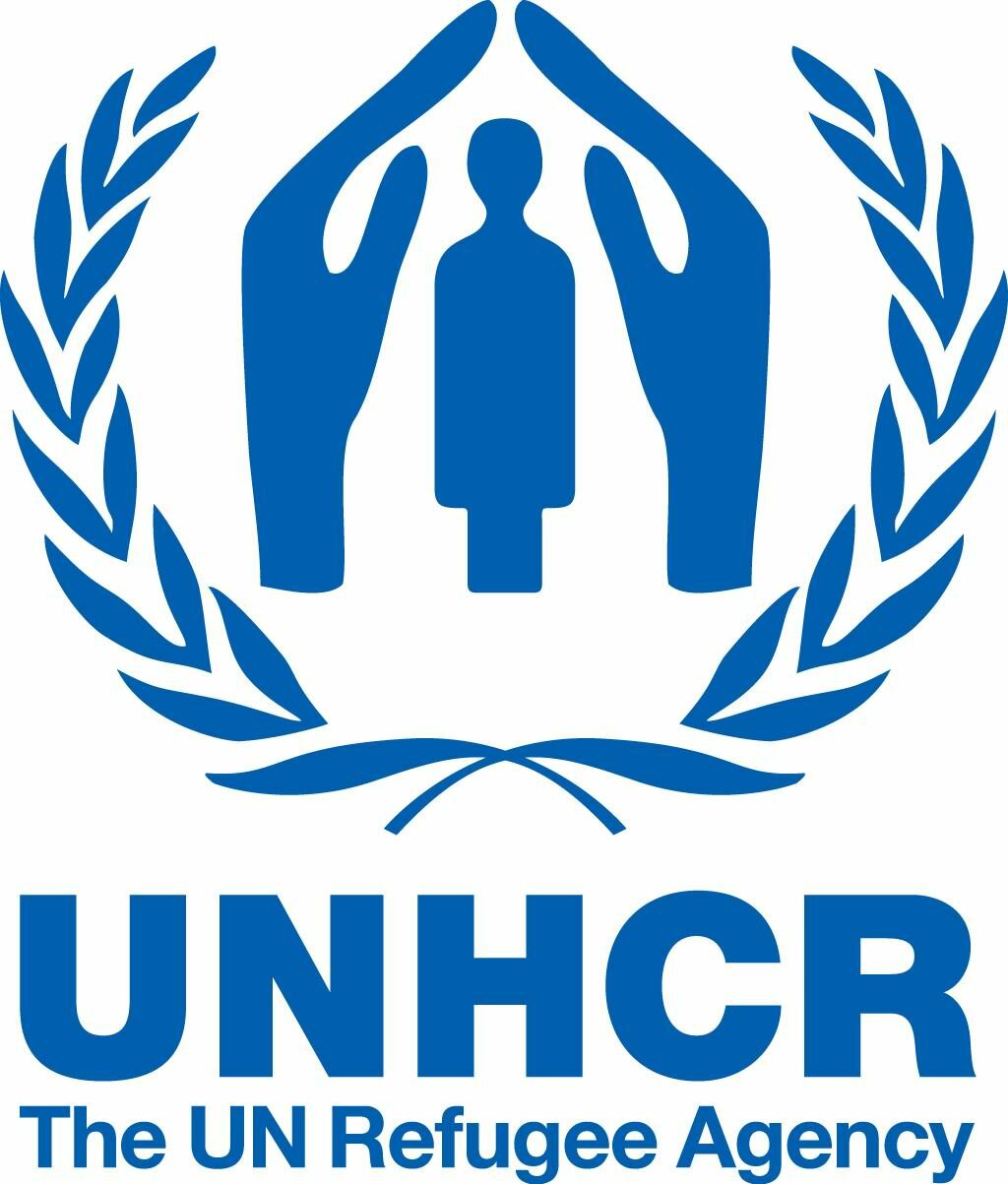
.jpg)

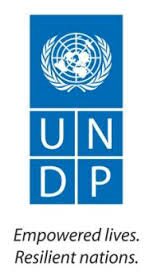
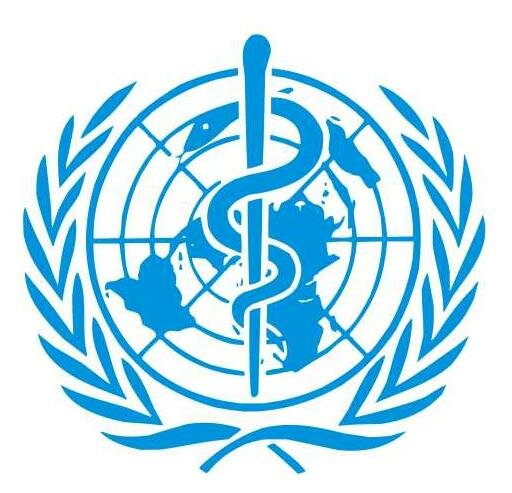

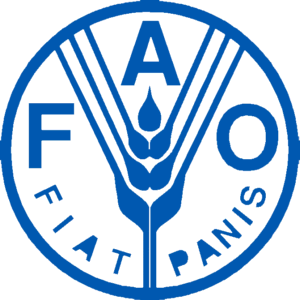
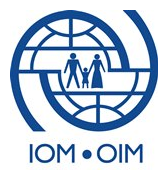
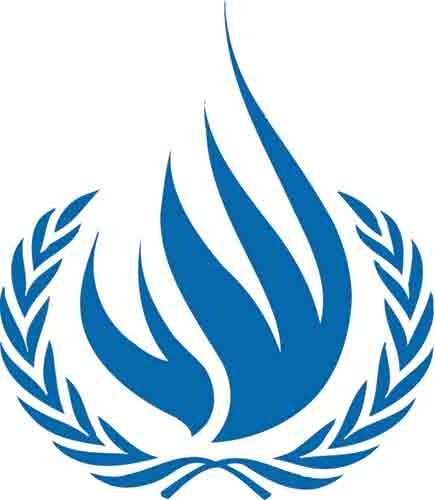
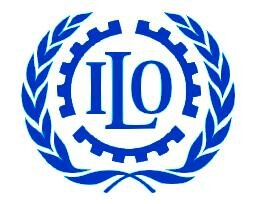
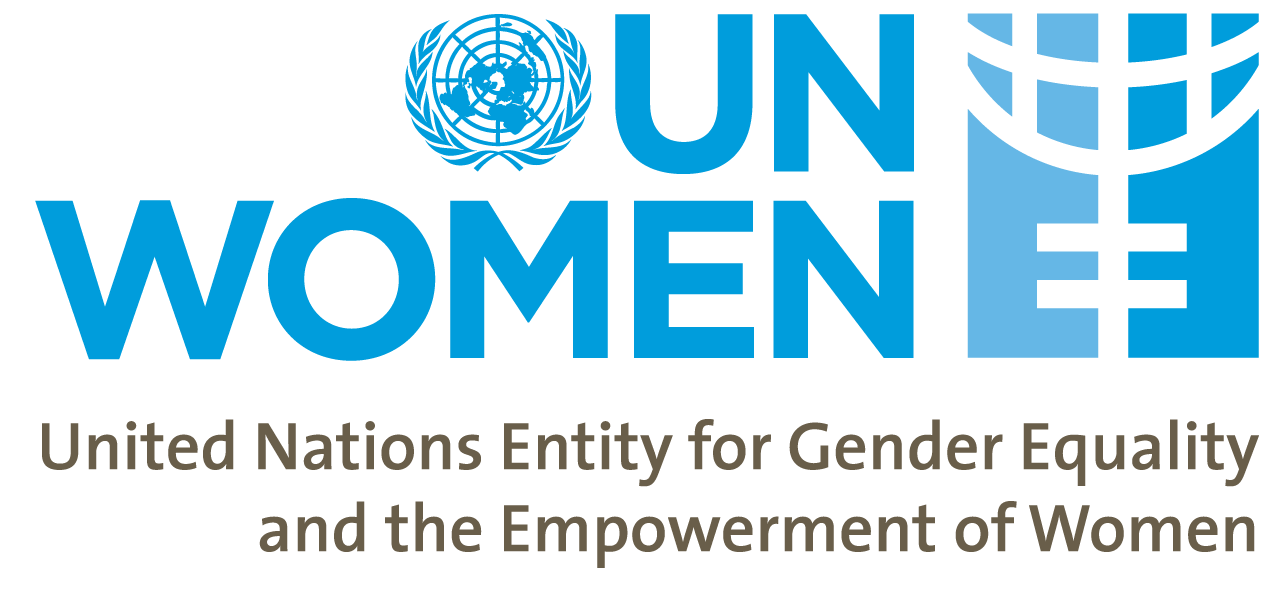
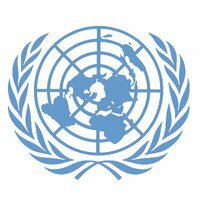





.jpg)

